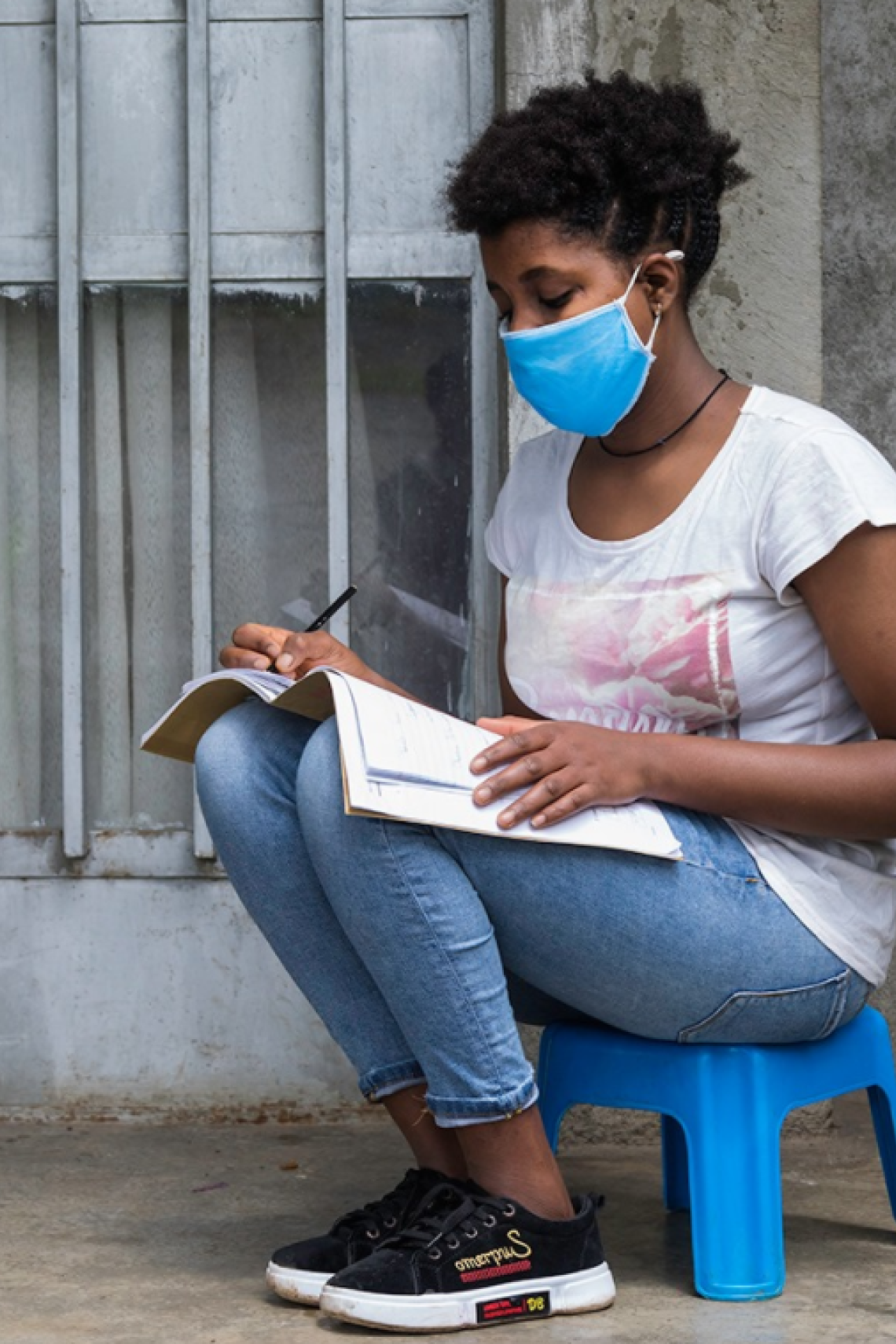Initial findings from Young Lives at Work’s Phone Survey now published
Headline findings from the first call of Young LIves at Work's Phone Survey in Ethiopia, India and Peru have now been published. The Survey investigates the short and medium-term impact of Covid-19 on the health, well-being, employment and education trajectories of young people in the study.
The survey findings show that Covid-19 is exacerbating the effects of poverty on young people in the study countries regardless of the virus’s prevalence, and that there may be long-ranging consequences for young people as well as for the economic security of their countries.
Calls were held with more than 11,000 Young Lives respondents in Ethiopia, India, Peru and Vietnam. Short headline reports from Ethiopia, India and Peru are now published, with the report from Vietnam being released later this week.
‘Job losses or suspension without pay are widespread, and remote working is the exception rather than the rule. Education in all countries has been severely disrupted and access to online learning has been highly unequal’, said Marta Favara, Deputy Director of Young Lives at Work and one of the leading authors of the study. ‘The young people we interviewed have all been affected by the Covid-19 crisis, with their home, school and work lives each disrupted.’
Although incidence of the virus is low, lockdown has exacerbated instability and pre-existing inequalities; for those already living in poverty their unstable living conditions have been eroded even further:
- Food insecurity has increased substantially during the outbreak and young people living in households that previously faced food shortages have been hit hardest.
- The lockdown has had serious economic consequences for our young people and will continue to do so. For most, it has not been possible to move their work-life online. Informal workers have been most affected by the crisis.
- Education in each country has been severely interrupted due to lockdown and the digital divide – the change from in-school classes to online has cut off many from accessing their studies. The lack of access to digital technologies and the internet, as well as a need to seek employment, has led many young people to end their education.
- Knowledge about the virus is very uneven, and while general practices of social distancing, handwashing and mask wearing have largely been taken up, key symptoms of the virus are not well known.
- Uncertainty around Covid-19 persists, with many unable to follow the main recommendations to protect themselves and others from the virus.
These headline reports are the first in a series, with further analysis following in November when the second phone call in the series will be completed.
Dr Favara added, ‘the pandemic is changing rapidly in all our study countries. The second calls will allow us a more in-depth examination of how the crisis is affecting young people in their work, home lives and education and their health and well-being.’
Read more on Young Lives at Work here.

